A Postdoctoral Research Fellow position is available in Sergios-Orestis
Kolokotronis' research group at the Department of Epidemiology &
Biostatistics in the School of Public Health and the Institute for Genomic
Health at SUNY Downstate Health Sciences University in Brooklyn, NY. The
successful applicant will join a large, collaborative NSF-funded project
to disentangle the genome evolution of gymnosperms, the oldest surviving
lineage of seed plants. Three of the four extant gymnosperm lineages
contain species which Darwin termed "living fossils." These have been
present since the Devonian Era and have survived an incredible range of
climatic changes, mass extinction events, and adaptation challenges. The
genomes of almost all the gymnosperms are extremely large and complex
and have been somewhat refractive to genomic characterization as a
result. Through the use of nanopore sequencing, transcriptomics, and
epigenetics, we have been characterizing the genomes of these species,
asking questions on evolutionary radiations and genome resilience. In this
project, we interact with the genome assembly and annotation group, and
contribute to orthology assessment. We investigate gene family evolution
by adopting macroevolutionary phylogenetic methods, phylotranscriptomics,
as well as natural selection scans. Our wider interests draw from
population genetics, phylogenetics and community ecology, using
bioinformatics and computational biology to understand organismal
diversification and adaptation across landscapes and time scales. Our
group is located in the new Public Health Academic Building on the SUNY
Downstate campus in Central Brooklyn. We interact with a diverse group
of health research investigators in the Institute for Genomic Health,
and through our affiliations in the School of Public Health and the
Division of Infectious Diseases in the College of Medicine. Our lab is
outfitted with an Illumina NovaSeq 6000 instrument for high-throughput
sequencing, and we have been expanding our HPC capacity on site and
on the cloud. HPC access is also available at partner institutions
through the PI. More information can be found at http://kolokolab.org
and https://scholar.google.com/citations?user=u3i_xH4AAAAJ&hl=en.
Candidates should have a doctoral -or equivalent- degree in life
or computational sciences. A training background in bioinformatics,
computational biology, molecular evolution and comparative genomics
is required. A keen interest in plant biology and infectious disease
systems is desirable. The successful candidate must be capable of working
independently in an interdisciplinary, diverse, collaborative environment,
and have strong analytical, quantitative, and English writing skills,
evidenced by scholarly peer-reviewed publications. In addition to
formal collaborations with our partner institutions in this project
(CSHL, NYBG, NYU, AMNH, JHU, Purdue, NY Plant Genomics Consortium),
opportunities exist to branch out in research on genomic epidemiology of
infectious and chronic diseases (funded by NIH and NSF), grant proposal
writing, mentoring of students, and teaching. Salary is commensurate
with experience. Start date is ASAP. Applications should include in
this order: 1) a Statement of Research Interests, 2) a CV, 3) two (2)
manuscripts, and 4) the contact information of 3 referees in a single PDF
file emailed to sok@downstate.edu with this Subject line "Postdoc-NSF
Plants". Referees should be notified that they might be contacted.
SUNY Downstate Health Sciences University is an affirmative-action,
equal-opportunity employer and does not discriminate on the basis of race,
color, national origin, religion, creed, age, disability, sex, gender
identity or expression, sexual orientation, familial status, pregnancy,
predisposing genetic characteristics, military status, domestic violence
victim status, criminal conviction, and all other protected classes under
federal or state laws. Women, minorities, veterans, individuals with
disabilities and members of underrepresented groups are encouraged to
apply. If you are an individual with a disability and need a reasonable
accommodation for any part of the application process, or in order to
perform the essential functions of a position, please contact Human
Resources at 718-270-3025.
PhD student funding opportunity: Huizingh Desert Research Fellowship
Joint fellowship program between Arizona State University and the Desert Botanical Garden in Phoenix to support a student pursuing a Ph.D.
Application Deadline: January 3, 2020
Senior Research Leader- Royal Botanic Gardens, Kew
We are seeking an excellent scientist to lead plant systematic research in Kew’s Comparative Plant and Fungal Biology department, one of six departments in the Science Directorate. Building on Kew’s outstanding collections and scientific strengths, you will lead the Integrated Monography group, a team of world-class plant systematic experts, and establish your own research programme focused on a specific plant group of significance to ecosystems and human well-being.
Ph.D. Positions-Silene phylogenetics
Within the Gothenburg Global Biodiversity Centre, (GGBC) University of Gothenburg, Sweden, two PhD positions are open for application November 1st, 2017 until January 15th, 2018.
